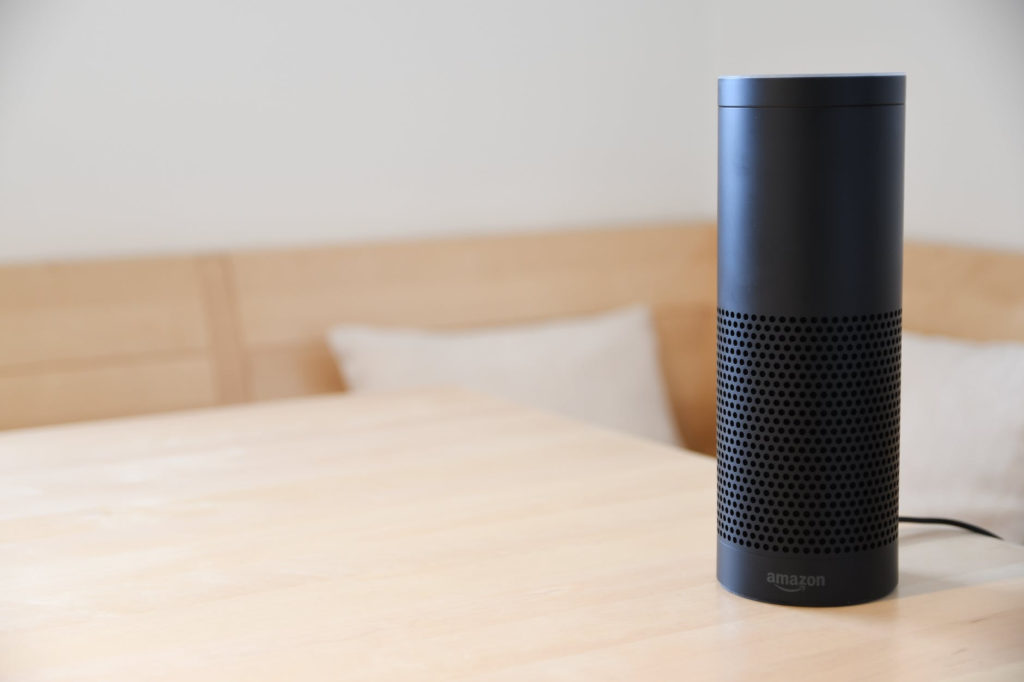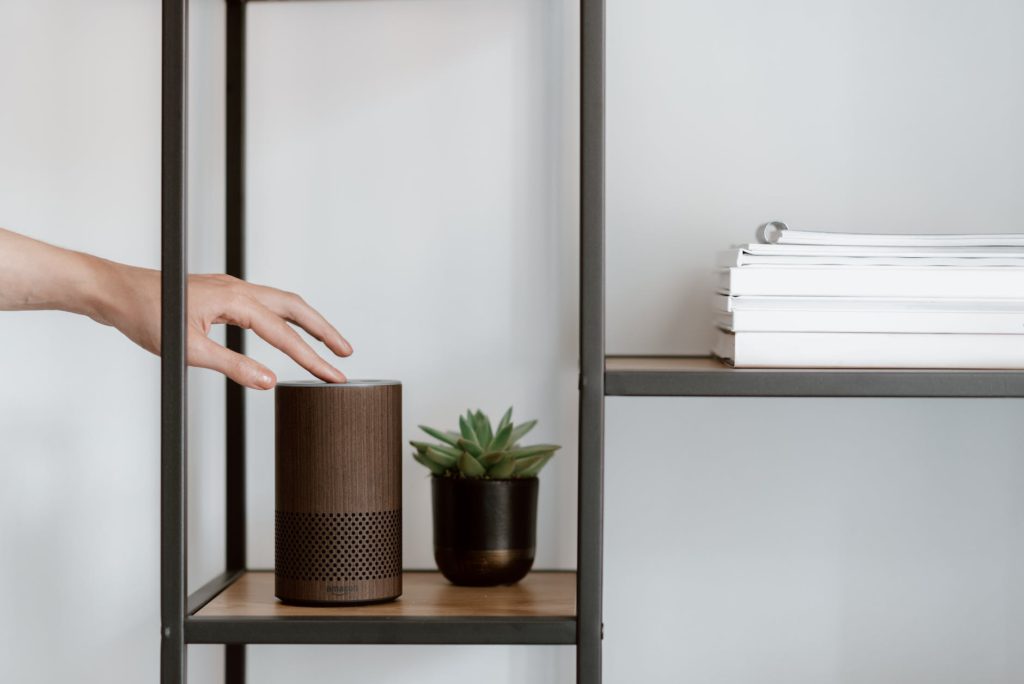As one of the earliest users of a smart speaker I can attest to the power of simply using one’s voice to control a complex system. Read my early thoughts I shared on LinkedIn after I got one of the very first Amazon Echo devices in 2015.
With all the advances in artificial intelligence like ChatGPT, it is clear to me that the future of the smart home will include a voice control interface. In the same way we naturally ask each for help and suggestions using words alone, we will do the same with our smart speakers in our smart homes.
Such features are particularly important for seniors, those living alone, or anyone who simply can’t or won’t be able to stay in sync with the latest gadget, fad or feature. Using one’s own voice to control the important things in life with just a word or two is far more natural than pressing buttons or remembering sequences. How many people can even use their ovens, microwaves or washing machines without reading a manual?

In my opinion, the best interface is no interface at all. A voice assistant on your wrist, on your bookshelf, in your car and on your phone foretell this coming future pretty clearly today.
These are a few of the better smart speakers I use in my own home:
An interesting study out of the UK describes people’s innate feeling about smart speakers. The report provides good insights into how people truly feel about them (noting privacy concerns first) and the audience that benefits the most (seniors, disabled).
What are your thoughts about the future of smart speakers? Do you swear by (or at) Siri?
